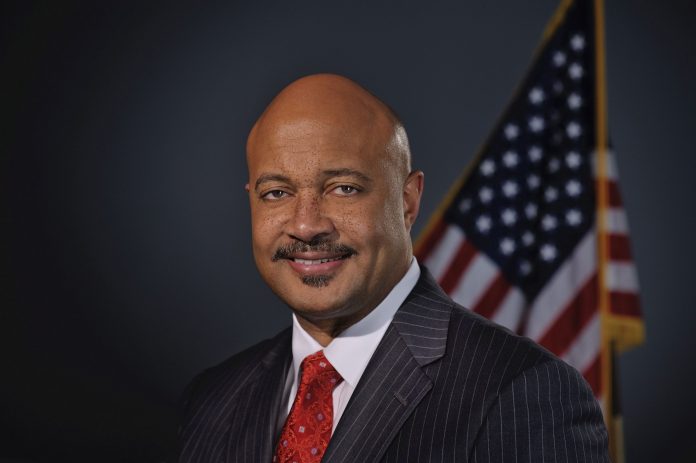The Office of the Indiana Attorney General this week joined a 15-state brief filed with a U.S. district court supporting the federal government’s motion to dismiss the case against Gen. Michael Flynn.
In response to the federal government’s motion to drop criminal charges against Gen. Flynn, the U.S. District Court for the District of Columbia appointed a retired judge to present arguments in opposition to the federal government’s motion. The district court additionally stated that it would invite other individuals and organizations to file amicus briefs addressing whether the court should grant the federal government’s motion to dismiss.
The 15-state coalition argues there was no reason for the court to issue this solicitation because it has no say in the federal government’s decision not to prosecute. “Simply put,†the brief reads, “the decision not to pursue a criminal conviction is vested in the executive branch alone — and neither the legislature nor the judiciary has any role in the executive’s making of that decision.â€
The coalition contends that the district court should grant the motion “without commentary on the decision to charge or not to charge, because such punditry disrobes the judiciary of its cloak of impartiality.â€
According to the brief, “the Court’s desire to assume the role of a prosecutor evinces a total lack of regard for the role that the separation of powers plays in our system. Before the federal government may deprive a citizen of his freedom, it must navigate a number of hurdles. It must find a law that the citizen violated, a prosecutor willing to press charges, a jury of other citizens willing to convict, and a court to uphold the legality of the prosecution. In other words, the judiciary is supposed to function as a constitutional check on deprivations of liberty — it is not supposed to remove constitutional checks on deprivations of liberty. But that is exactly what the Court would do by second-guessing the prosecutors’ decision not to continue pursuing this case.â€





